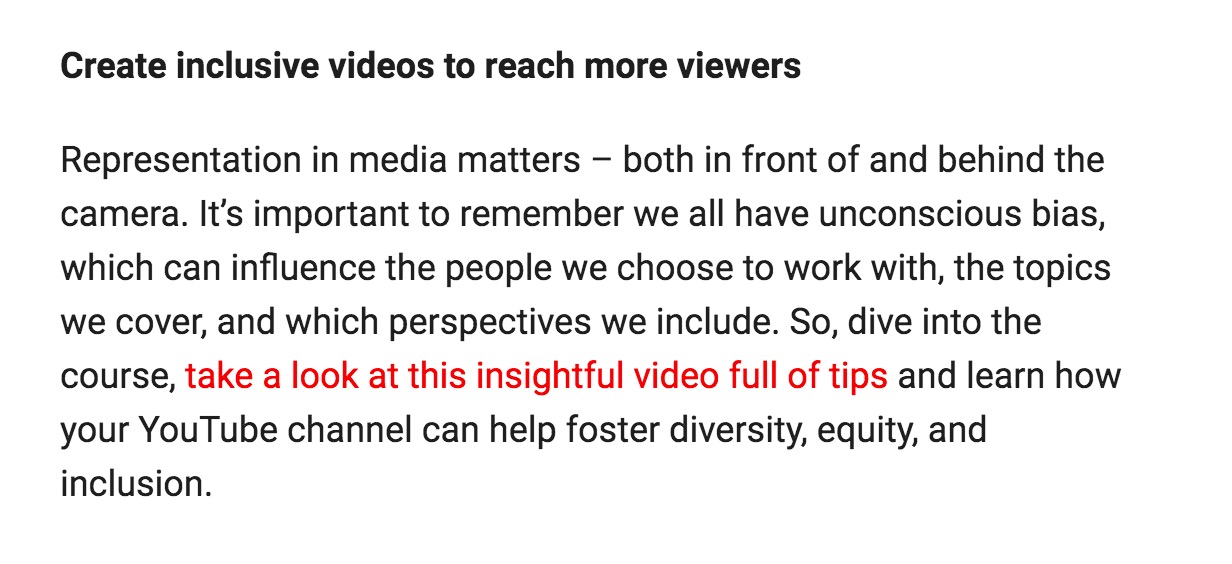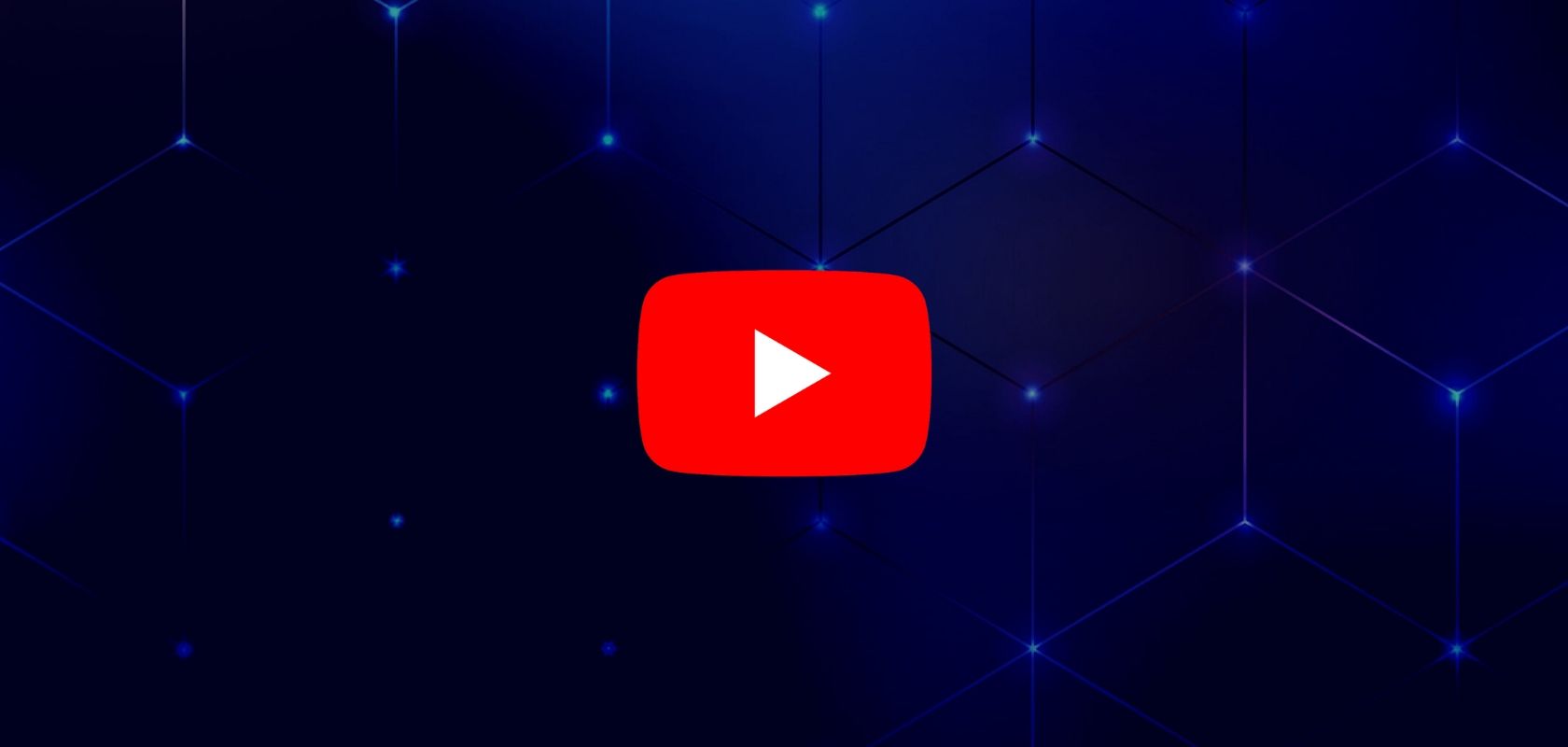YouTube looks to be willing to go out of its way to incentivize creators to start churning out ever-more broadly “inclusive videos.”
YouTube is framing the push as one resting on such good stuff like diversity, equity, and inclusion. Not to mention, though, that these are all presented as simply the means to an end of reaching ever more viewers.
In this scenario, home-grown YouTube creators – hit by a seemingly never-ending series of calamities over the years that have slowly but surely chipped away at both their audiences, their revenues, and their morale – are almost sure to at least pay attention to a pitch like this. But beyond paying any due attention – what is it that YouTube really wants here – and what is it that’s even a feasible proposition?
The video giant platform’s “January Creator Monthly” newsletter that was emailed out to creators, among other things, speaks about the need to, basically, up your inclusion game for views.
 The newsletter also links to a video “full of tips” on how creators might, to this end, work to do away with “unconscious bias” and instead improve representation, while creating their YouTube content.
The newsletter also links to a video “full of tips” on how creators might, to this end, work to do away with “unconscious bias” and instead improve representation, while creating their YouTube content.
Click here to display content from YouTube.
Learn more in YouTube’s privacy policy.
The video tips hints that creators could make improvements when it comes to the topics they cover, perspectives they include, and even people they choose to work with.
That all sounds great. But are we still allowed to ask our questions freely? Questions like this: will YouTube’s possible, preferential “algorithmic” treatment of “inclusive” videos not become a standard in some not-too-far distant future, requiring – rather than suggesting – that creators to not only willingly submit, but adhere to this kind of currently informal content “recommendation”?
And while making videos more “inclusive” could reward creators with increased reach – does that, by extension, mean that not adhering to these principles is handicapping videos on the YouTube platform?
Meanwhile – YouTube’s video offering tips to creators is not doing too well as of the time of this writing – having garnered close to 5,000 likes, but also about 4,000 dislikes from its intended audiences.
“We want to give everyone a voice,” said the video.
But as one commenter added – “Yea – only a voice that agrees with your standards and opinions.”










